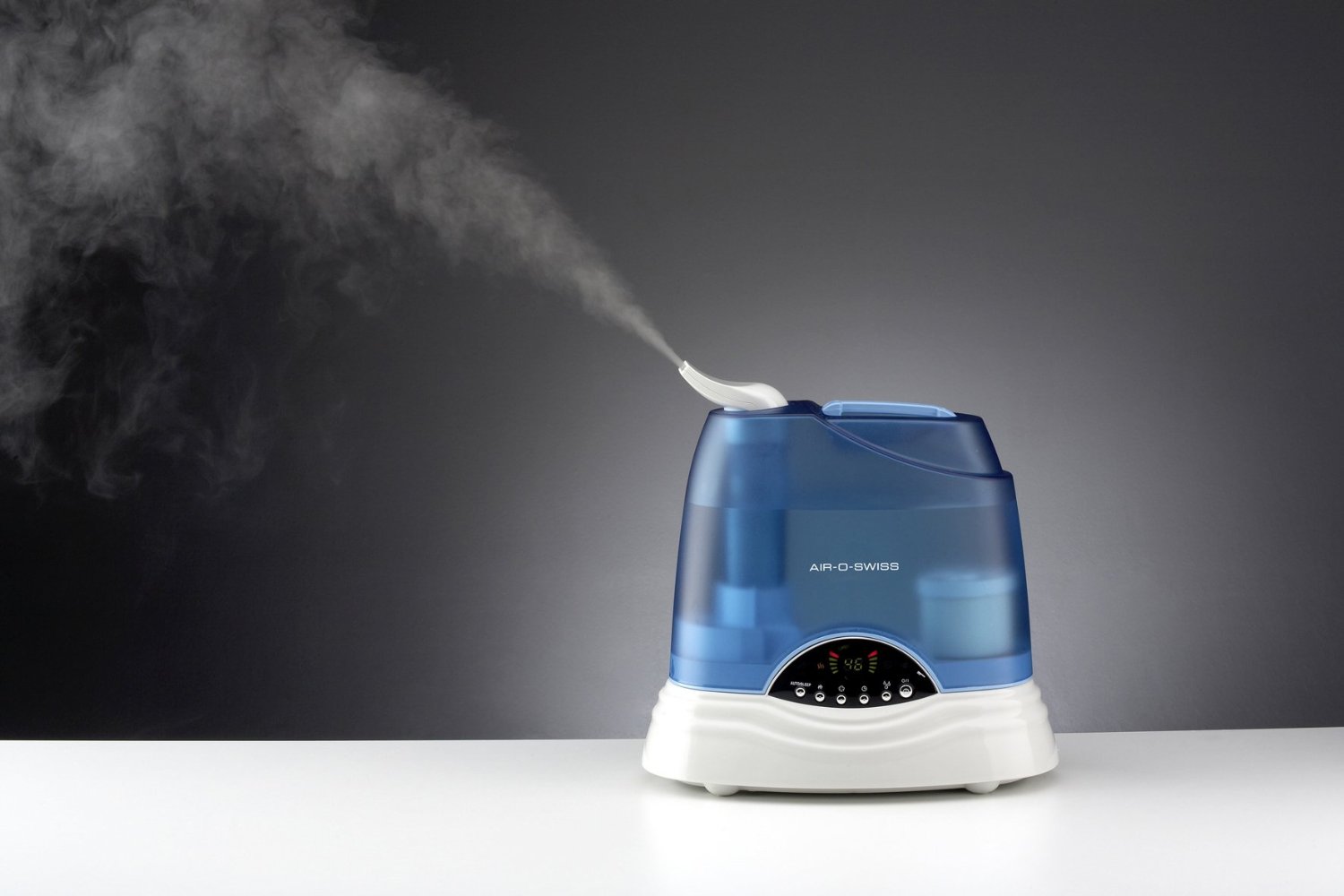What kind of humidifier do you get? Buying a humidifier is not a simple task. There are numerous factors that can affect your decision. This buying guide will clarify the factors to consider and assist you in selecting the best humidifier for your home or workplace.
A humidifier raises the humidity level in our homes to the ideal level, making us and our children more relaxed and allowing us to sleep better. In the autumn and winter, when we switch on the central heating, the relative humidity indoors will sometimes drop below 30%. The ideal humidity level for apartments such as bedrooms, nurseries, and living rooms is between 40% and 60%, according to doctors and medical experts. This is the level at which we feel the most at ease, have the most restful sleep, have a stronger immune system, and are better able to focus. If the relative humidity is less than 40%, we suggest using a hygrometer to check the humidity on a regular basis and setting up a humidifier. When it comes to selecting the best humidifier dehumidifier combo to suit your specific needs, there are a number of considerations to make. We've summed up the three key requirements for you first, and then explained some additional factors that could affect your decision.
THE RIGHT HUMIDIFIER FOR THE SIZE OF YOUR ROOM
Compact models with minimal water storage capacity and low humidification performance are ideal for smaller rooms, while larger models with greater water storage capacity and high humidification performance are ideal for large rooms. Manufacturers of humidifiers specify the recommended room size for their products. First and foremost, you must determine the size and volume of the room in which your humidifier will be mounted. If the doors to other rooms are left open, the air will flow into those rooms as well. Multiplying the length and width of the space (for example, 5 x 6 metres = 30 m2) yields the room area. Now multiply the space area by the ceiling height (30 m2 x 2.5 metres = 75 m3) to get the room volume. If a humidifier's recommended room volume is listed but not the area, you can usually assume that the manufacturer's humidification performance is based on a ceiling height of 2.5 metres. Now choose a humidifier that is recommended for rooms up to the size/area of your desired space, for example, if your room is 30 m2, you can choose a humidifier that is recommended for 30 m2 or more.
A significant note about powered ventilation in minimal energy houses (low energy or passive houses): Open windows have the same effect as regulated ventilation systems. As a result, we suggest choosing more efficient humidifiers for ventilated rooms and multiplying the space size by two when opposed to non-ventilated rooms (e.g. humidifiers for non-ventilated rooms of up to 50 m2 and for ventilated rooms of up to 25 m2).
Why HUMIDIFIER IS BEST FOR MY WATER HARDNESS?
The amount of dissolved minerals in water, especially calcium and magnesium, is measured by water hardness. The harder the water is, the more minerals it contains. Water hardness is usually expressed in German degrees of hardness (





